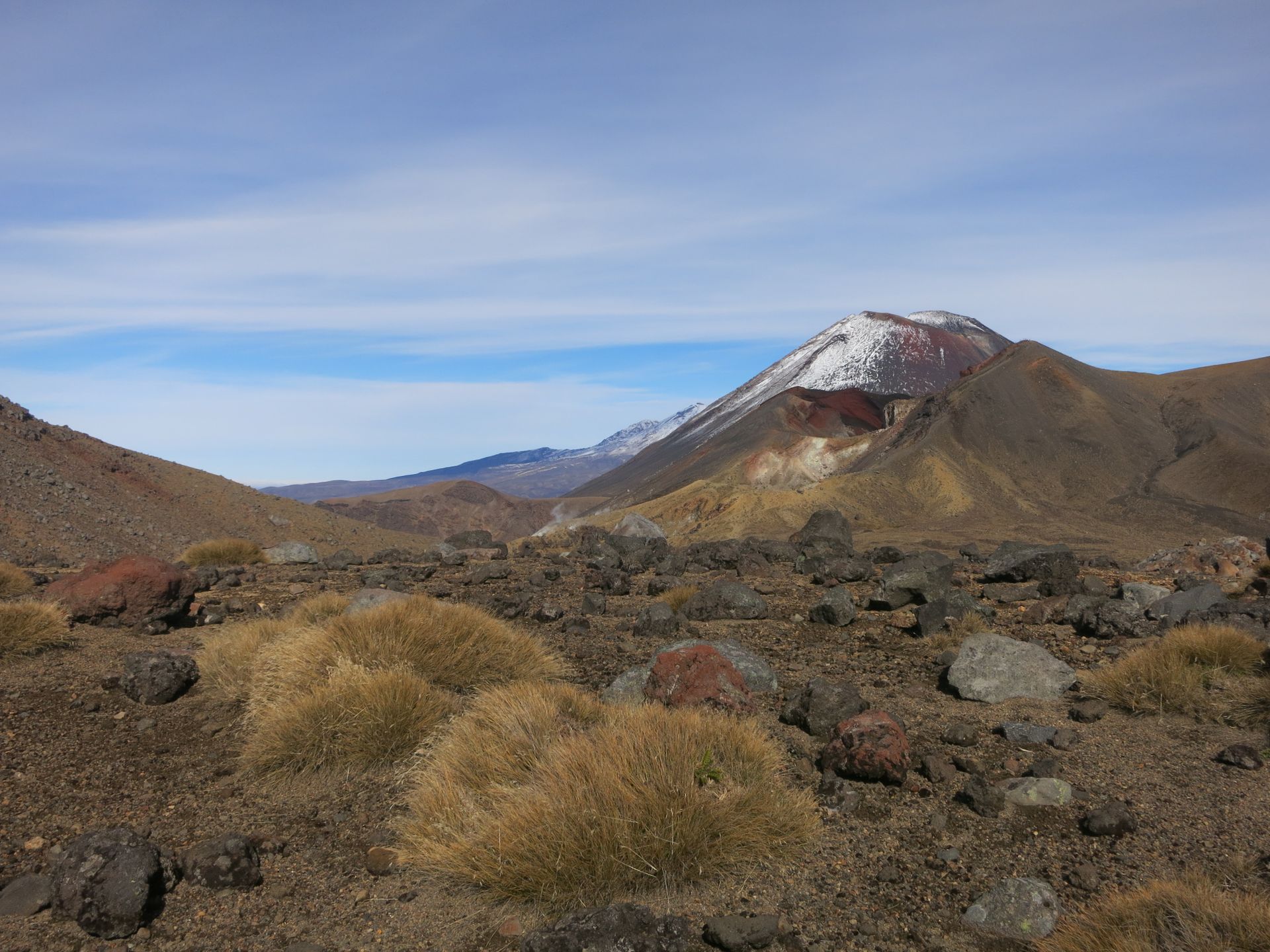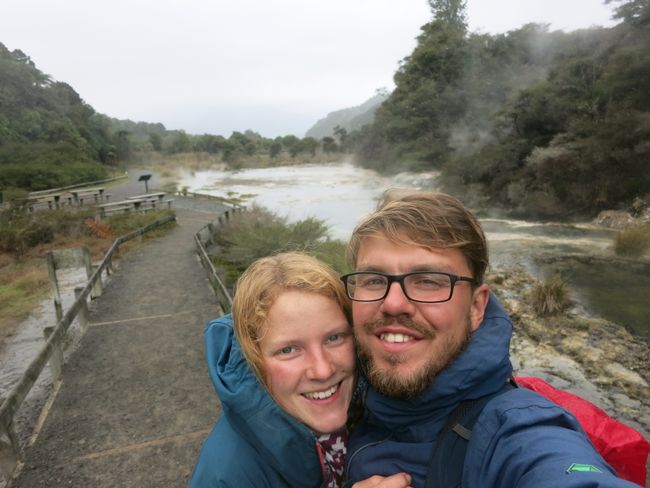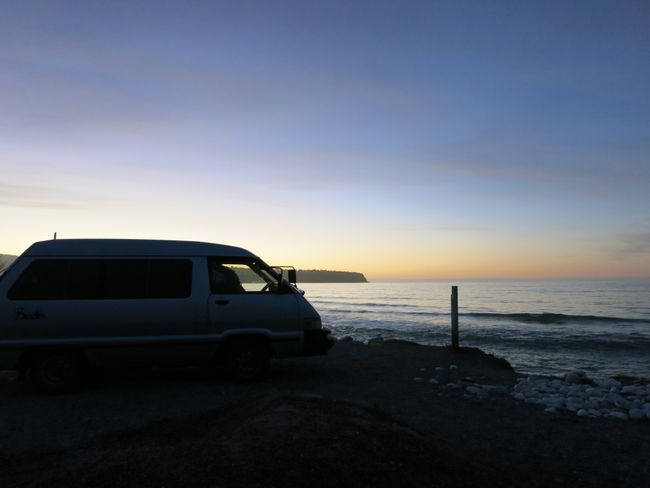Westcoast Discovery
Pubblicato: 12.06.2019
Iscriviti alla Newsletter
The wild journey along the West Coast continued, passing by blue, icy rivers and pools,

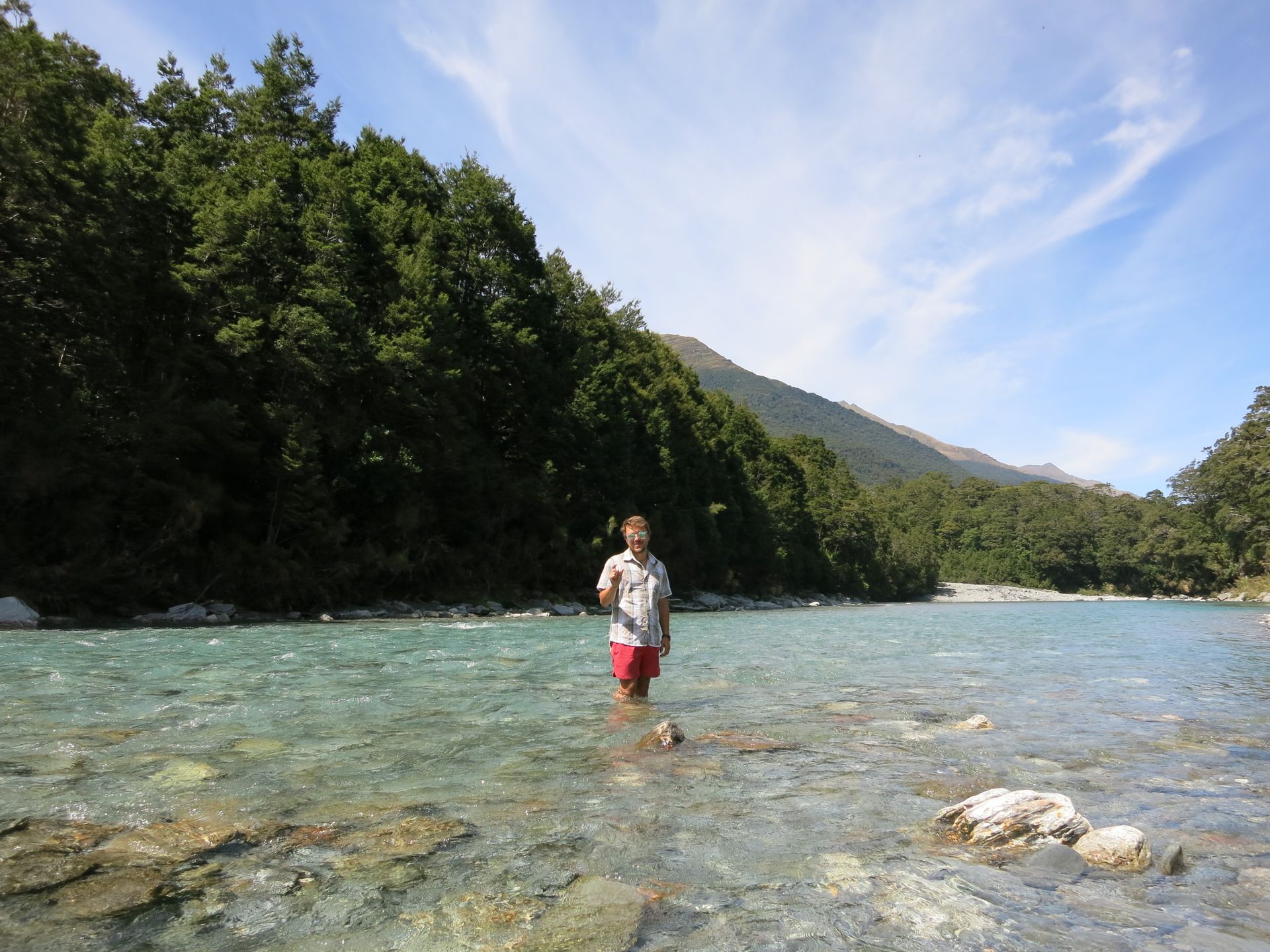
beautiful waterfalls,

views of the New Zealand Alps,
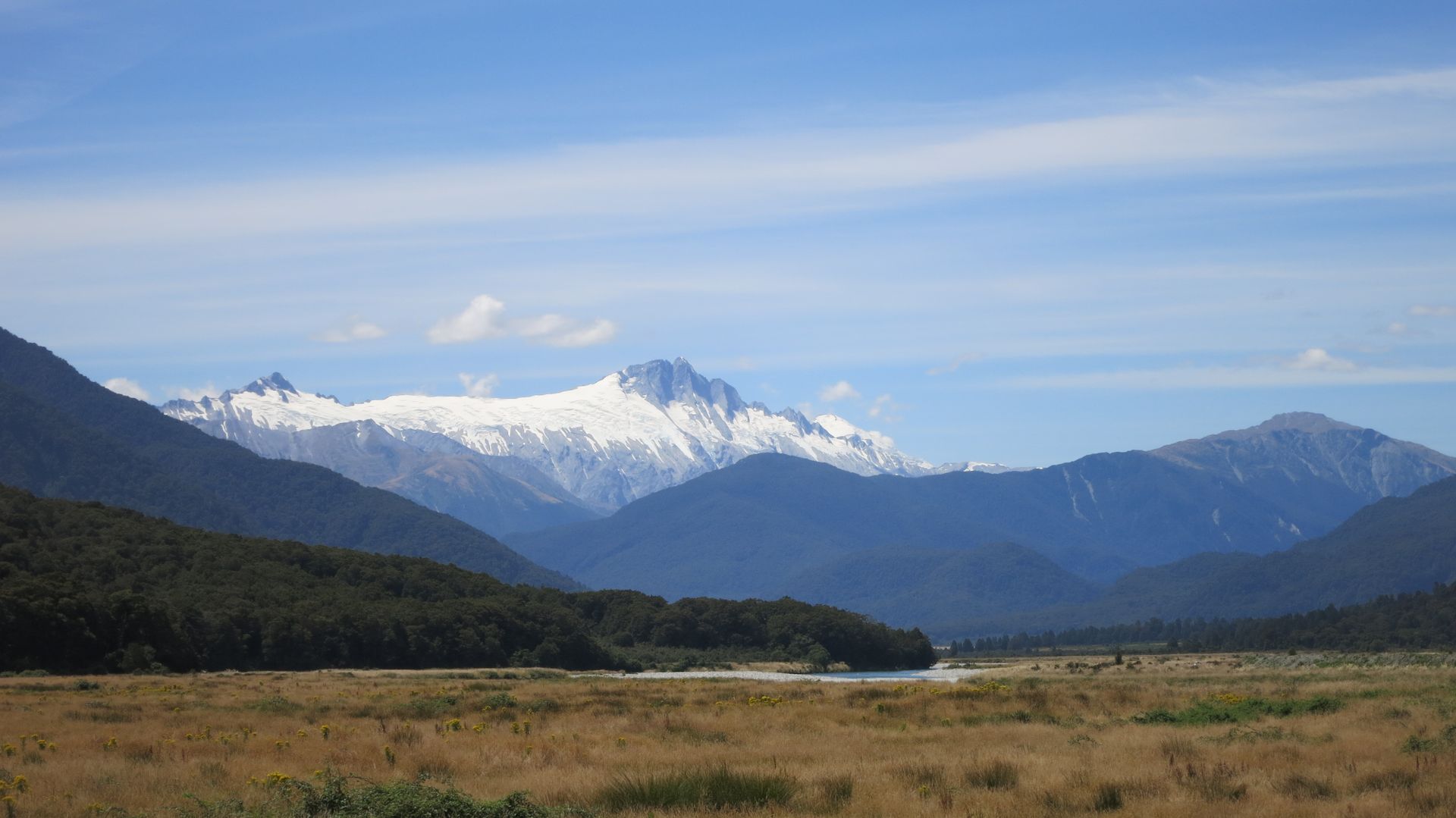
huge rivers fed by the mountains that then flow into the ocean,


enchanting beaches with rocky formations,
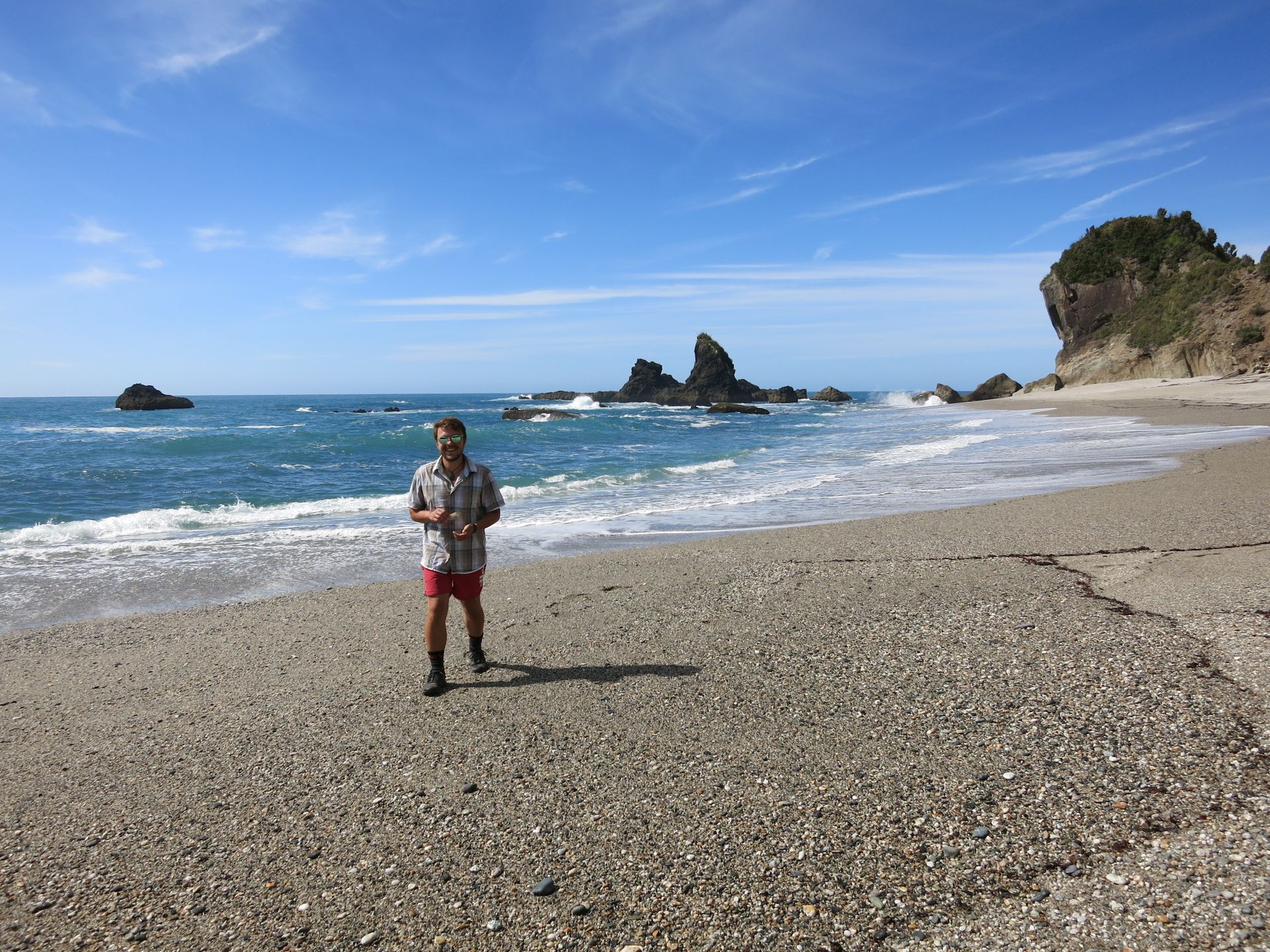
and magical sunsets.

A small drawback were the countless sandflies. These creatures can be found throughout the country but there are particularly many on the West Coast of the South Island. They resemble slightly larger, black fruit flies. They don't bite, like mosquitoes, but rather scratch the skin in order to enjoy your blood. You only notice them silently when it starts to hurt. We have known these insects since our second week in New Zealand and had a doctor's visit with suspected chickenpox (which turned out to be an allergic reaction) due to the bites. Our now 4-month self-experiment shows that if you completely ignore the bites, that means no scratching, itching, applying creams, or any other contact, they will disappear on their own after two to three days. Ignoring the itching is difficult, but you get used to it. As with everything, the Maori also have a legend about the sandflies. It is said that the sandflies were created to keep workers from idleing. In fact, these flies only bite nearly motionless targets. So sitting on the beach and watching the sunset *OUCH* Walking slowly along the beach *EASY* Preparing food in camping chairs *OUCH* Moving while cooking *EASY* Having to eat the food in the car despite the beautiful view *definitely not easy*
Despite the many sandflies, we visited the West Coast because we didn't want to miss the two well-known glaciers, "Fox" and "Franz Josef." We went on hikes with impressive views at both glaciers. The path to the starting point of the hike led through a dense forest. Already here we discovered signs showing how far the glacier had extended in earlier times. It was absolutely hard to imagine that just a few hundred years ago, giant ice masses were present here, but now there are tall trees and you can't even imagine the ice. It took another five minutes drive to reach the starting point, and from there, we had to walk for 40 minutes. The paths passed by old glacier markings and ended within sight of the ice masses.
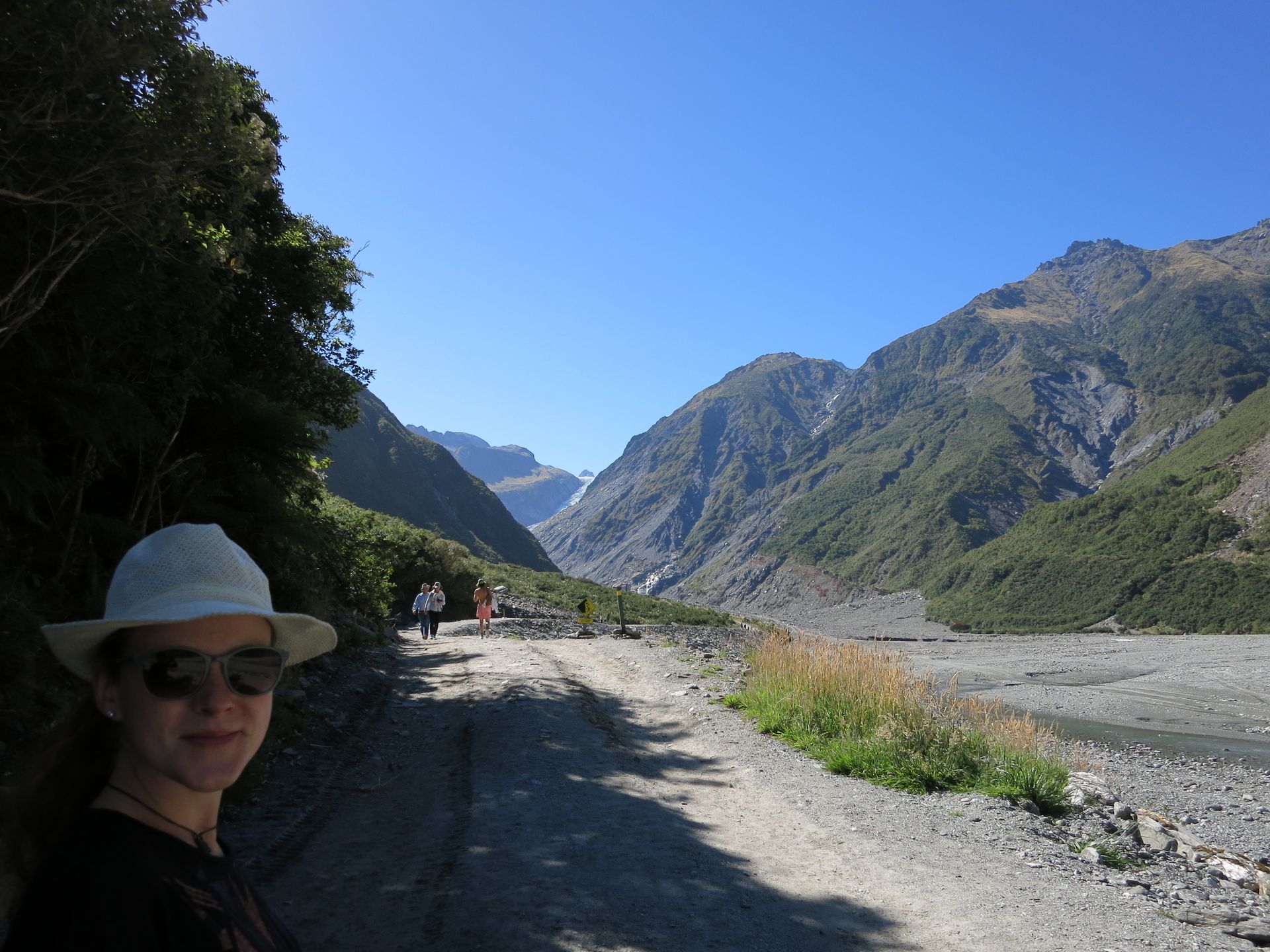
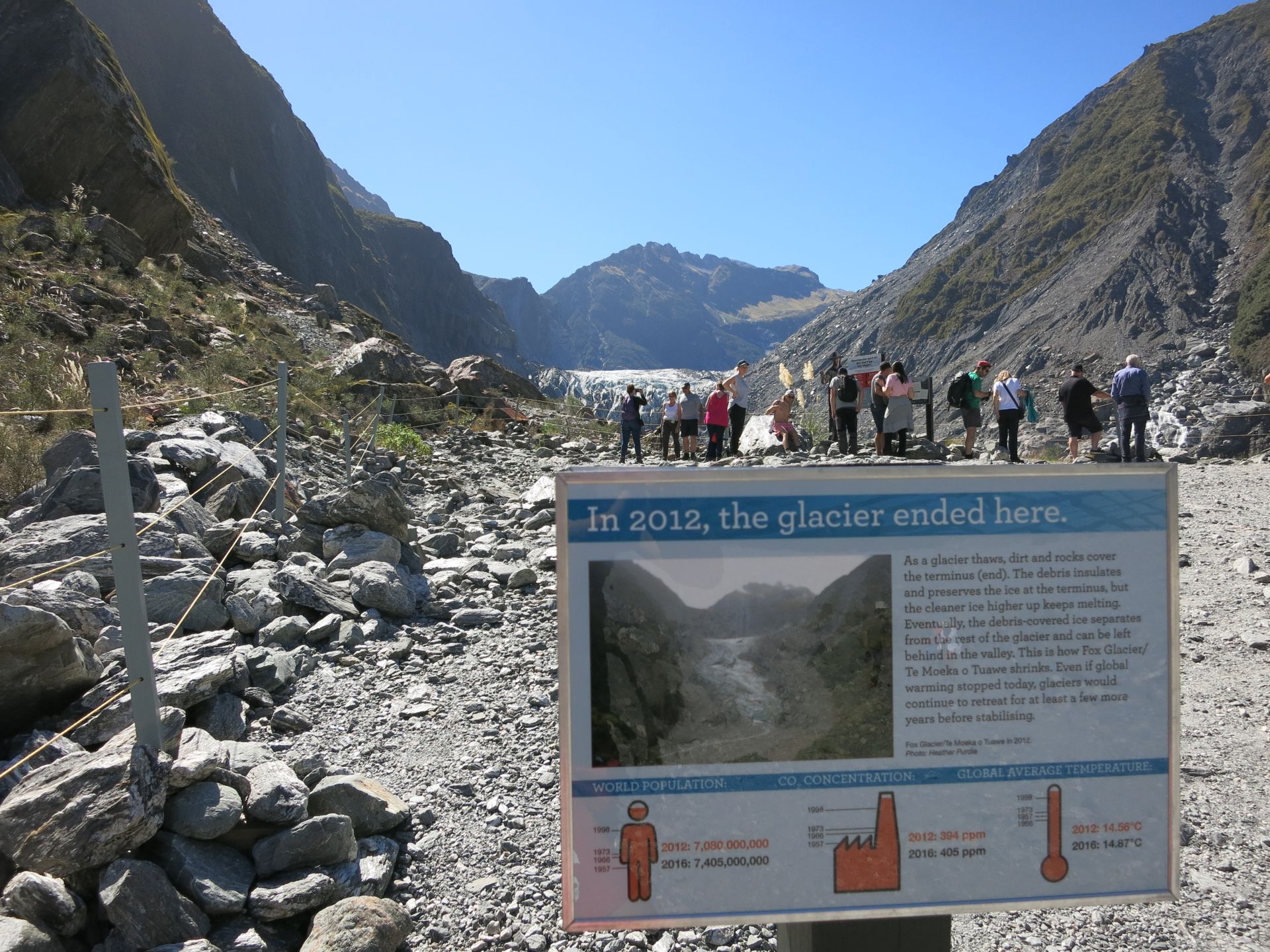
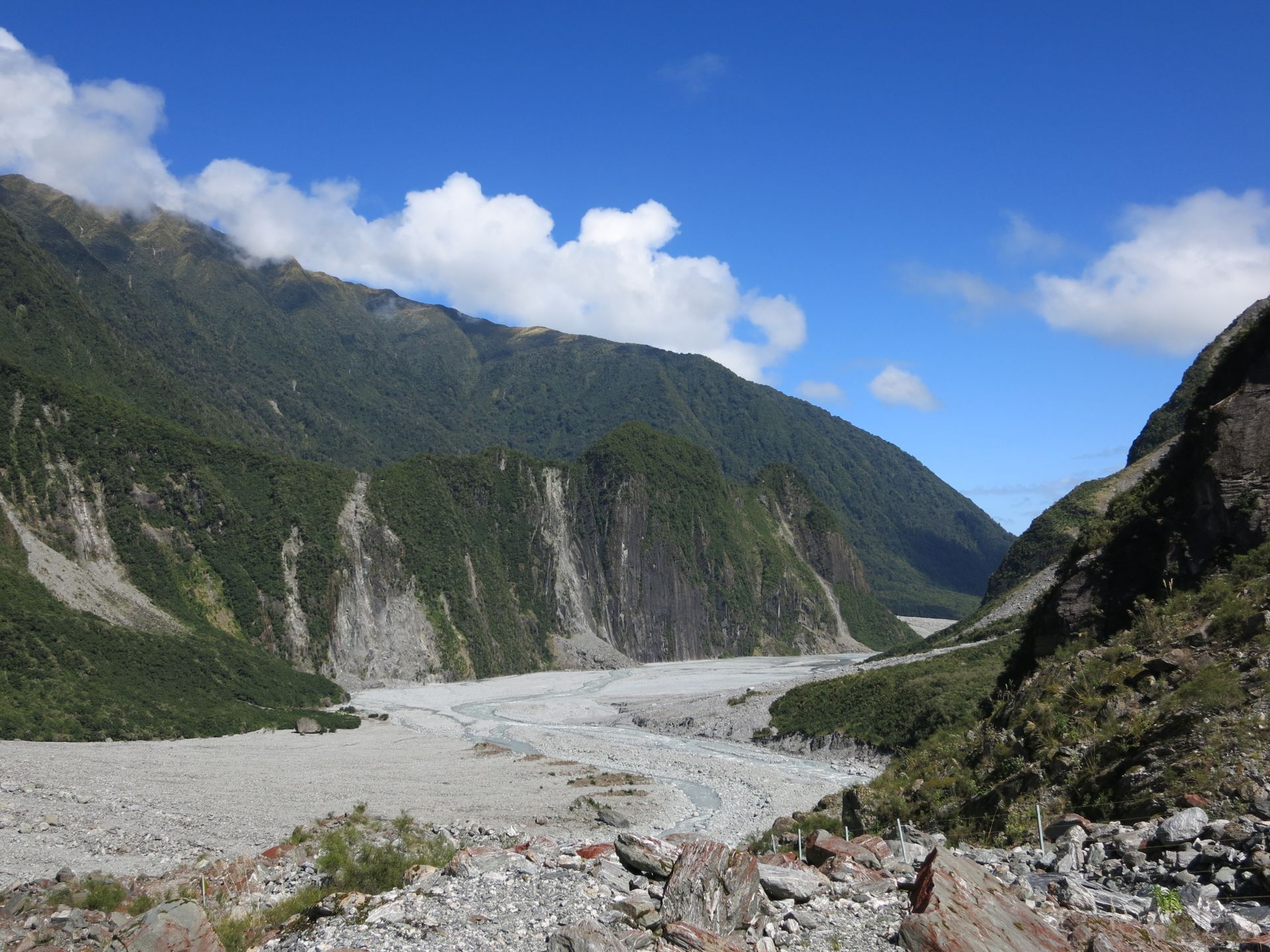

The second glacier we visited, Franz Josef Glacier, was only about 15 kilometers away. We found this glacier even more impressive. The ice was easier to see, and it felt like we were closer to the glacier.
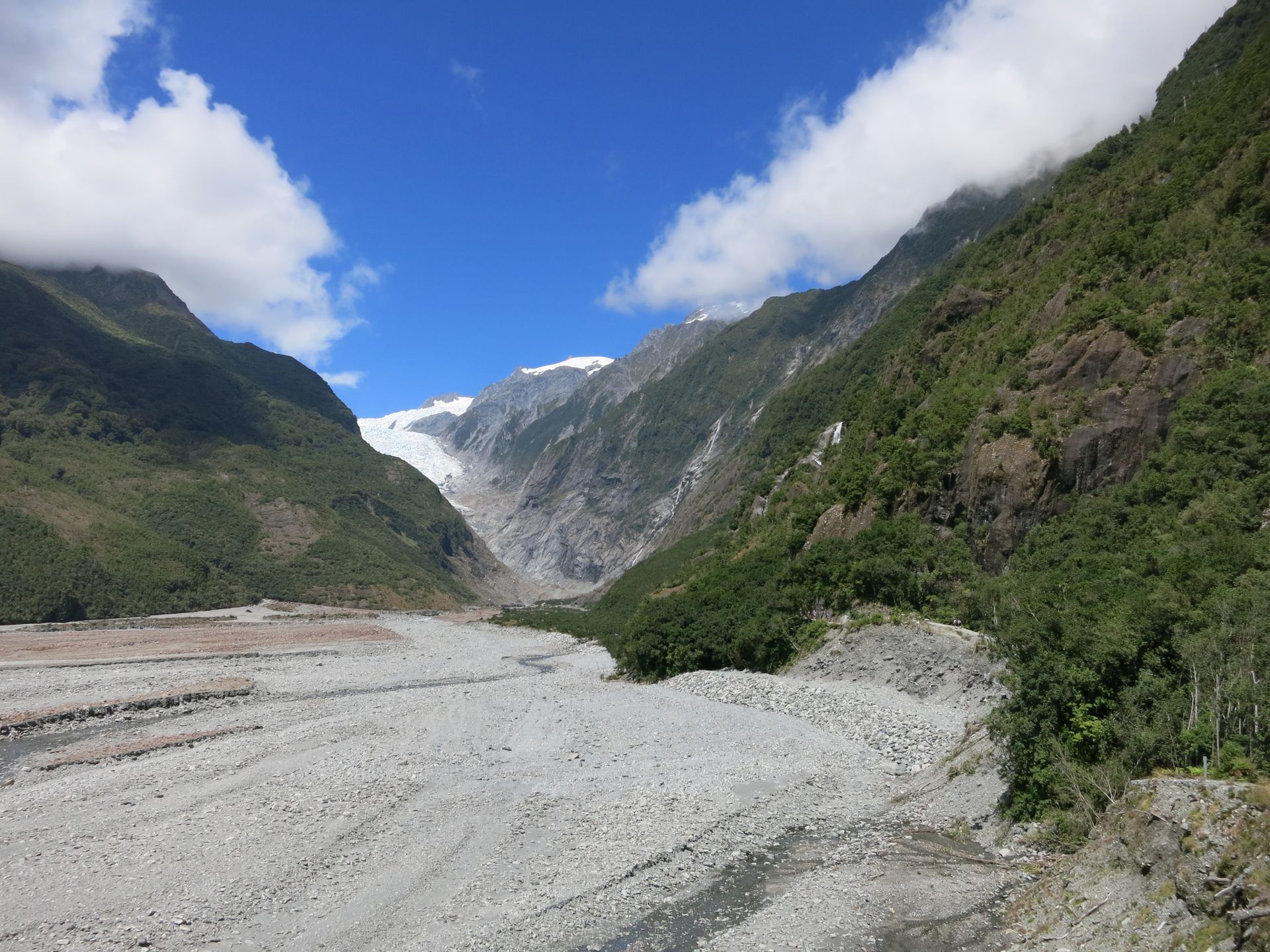

These two glaciers are theoretically the fastest-growing in the world. However, they are not immune to global warming and are shrinking rapidly. For example, the Franz Josef Glacier can shrink by up to seven meters per day!
Another highlight of the West Coast are the Pancake Rocks. These unique limestone formations were created layer by layer over time through various sediment deposits.
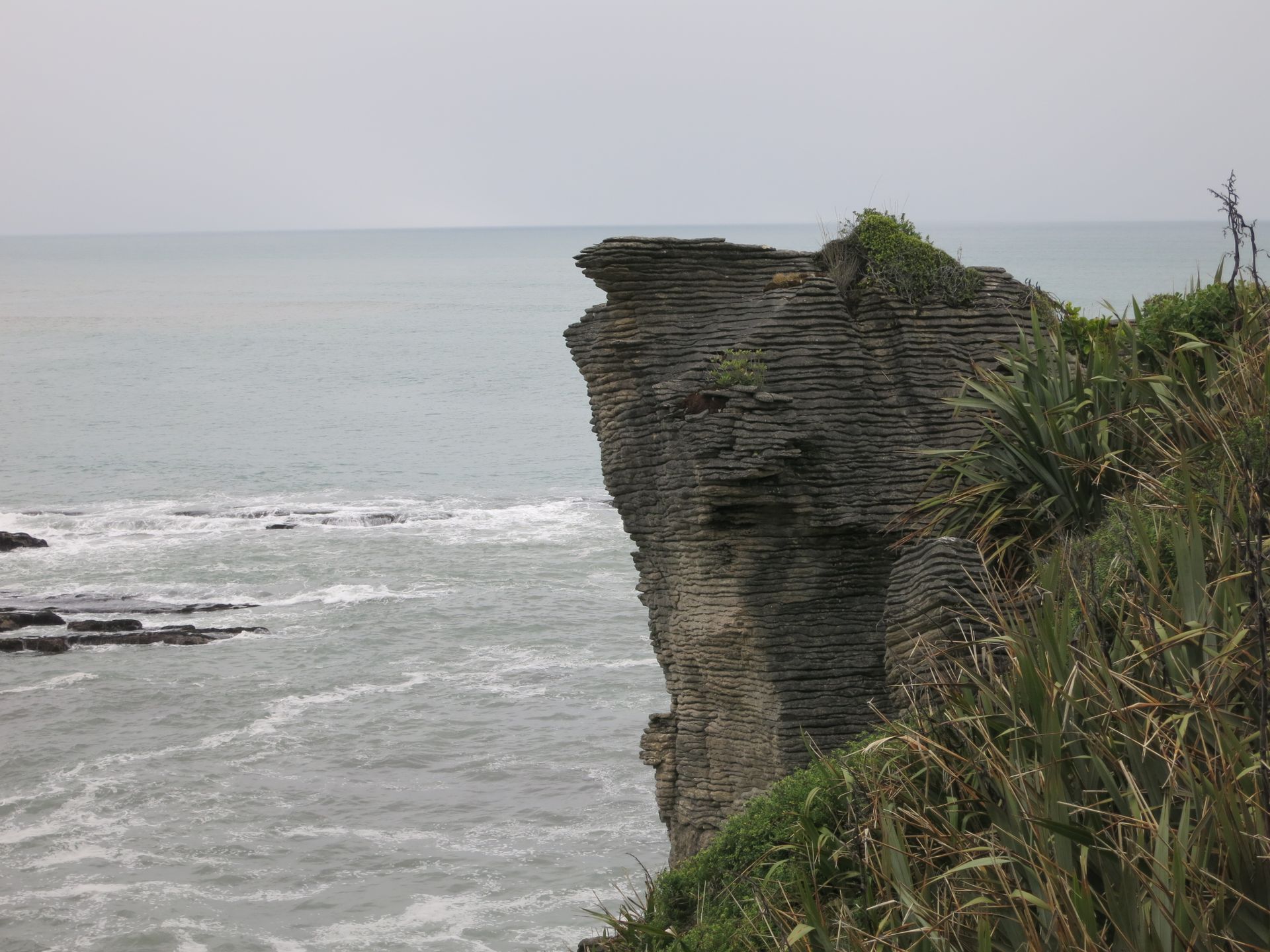
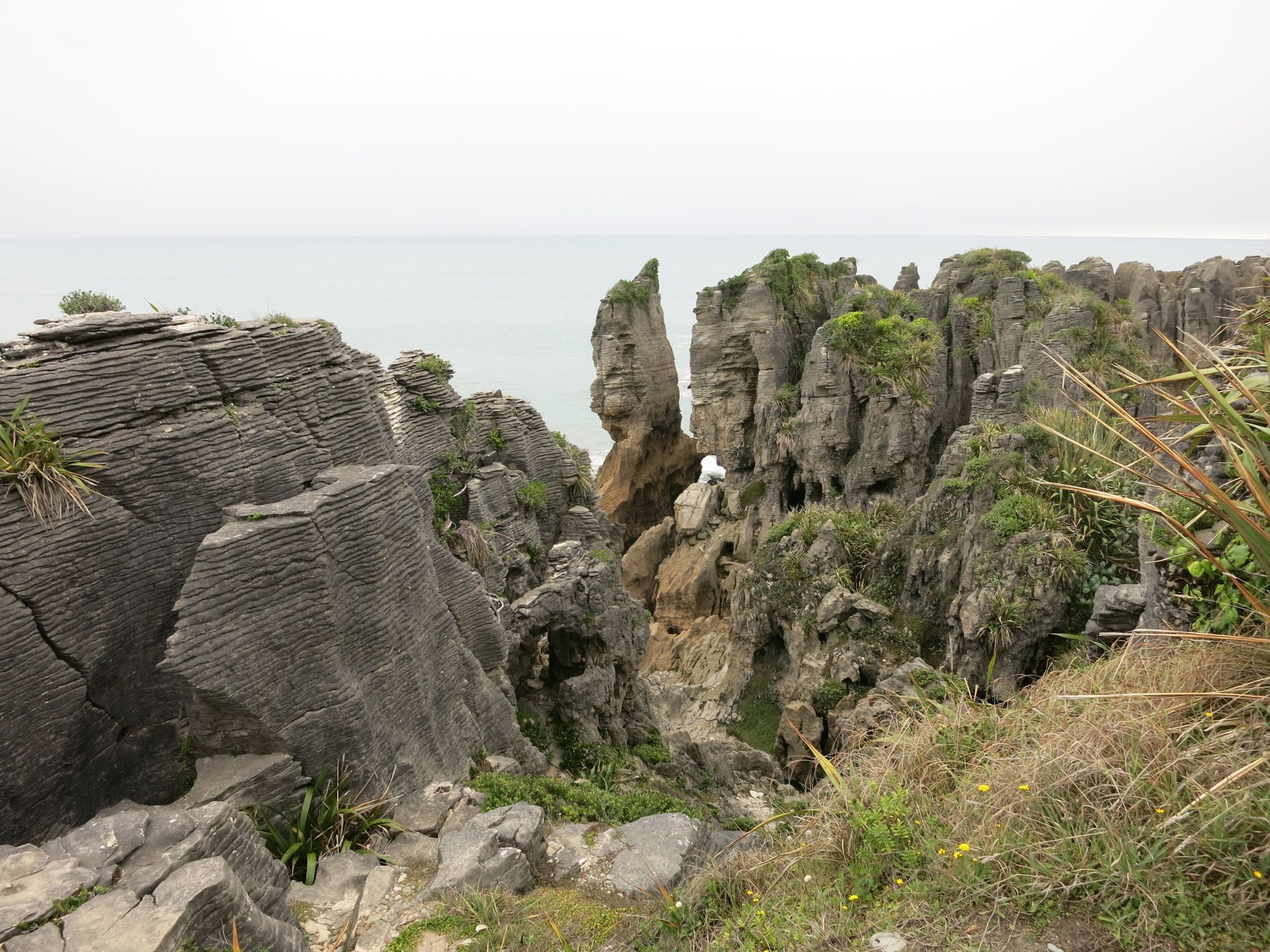
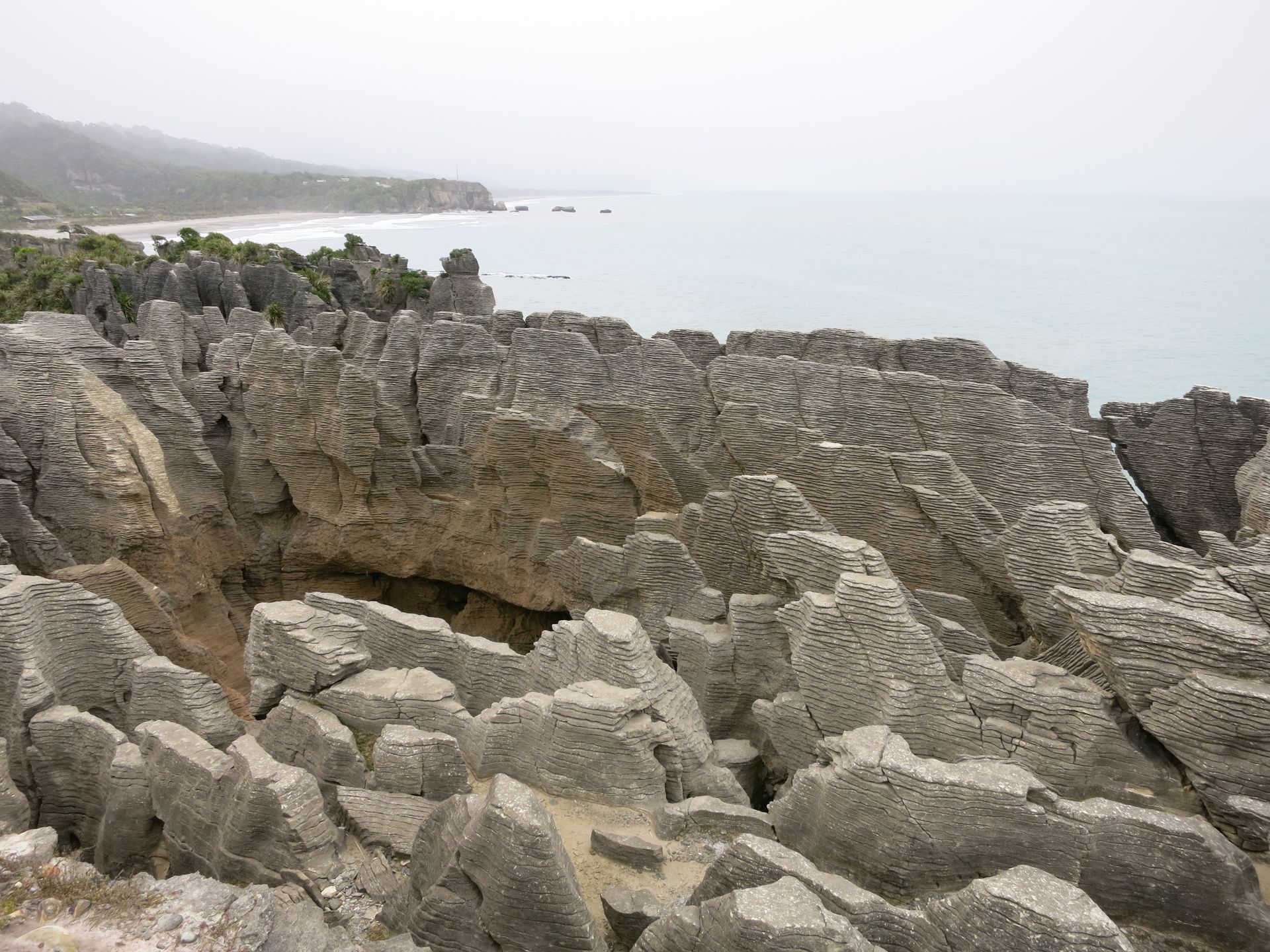
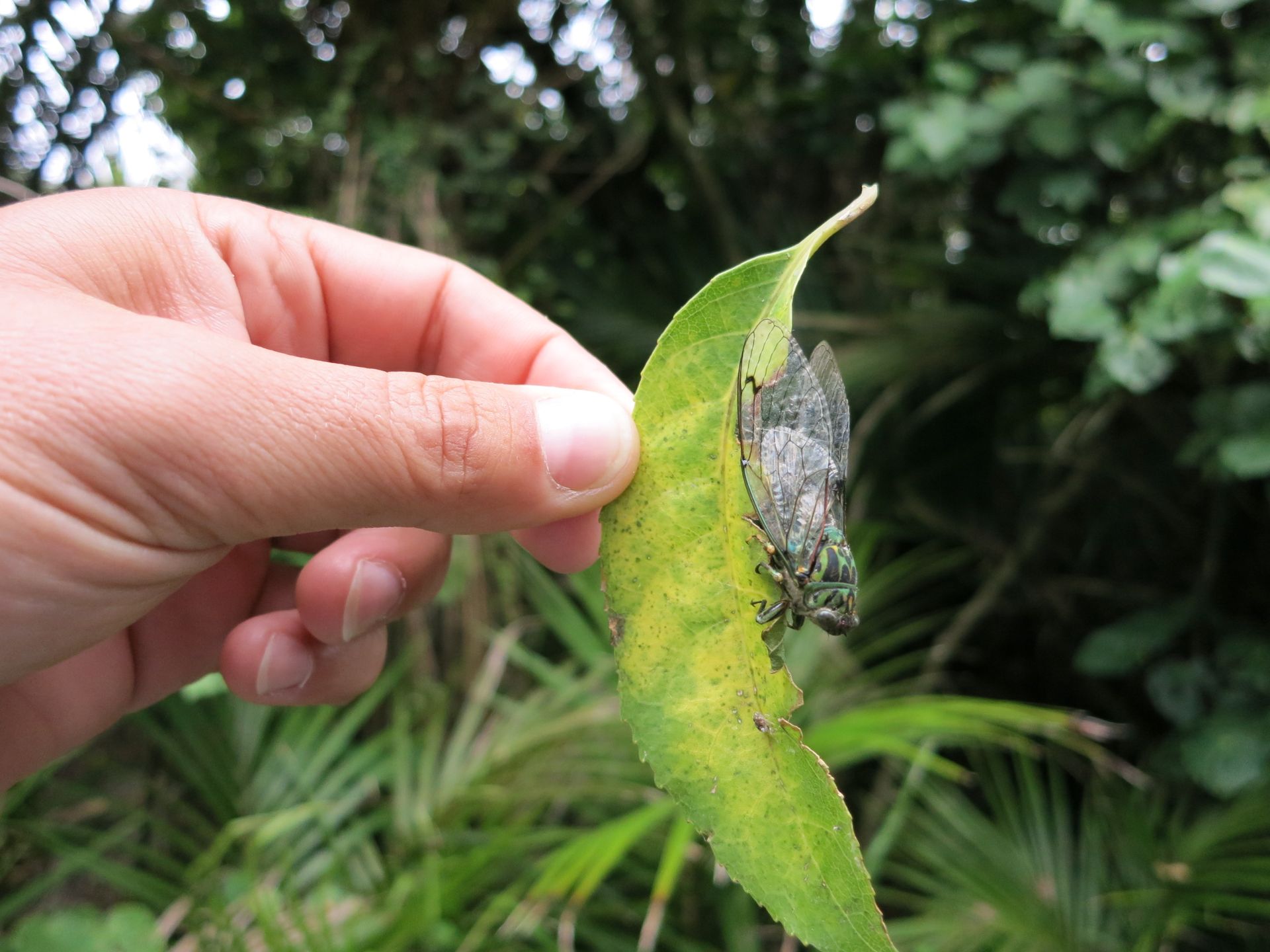
During these days, we got a good insight into the weather of the rugged West Coast. Despite occasional showers, we were lucky not to experience continuous rain. Rainfall on the West Coast can be particularly heavy and last for several days. We also noticed the sparsely populated nature of the West Coast during our journey. After some research, we found out that there are only about 32,000 people living along the 30-kilometer-wide and 400-kilometer-long coastal stretch.
Our final destination along the West Coast was Westport. Here, there was a seal colony and more beautiful views to admire.

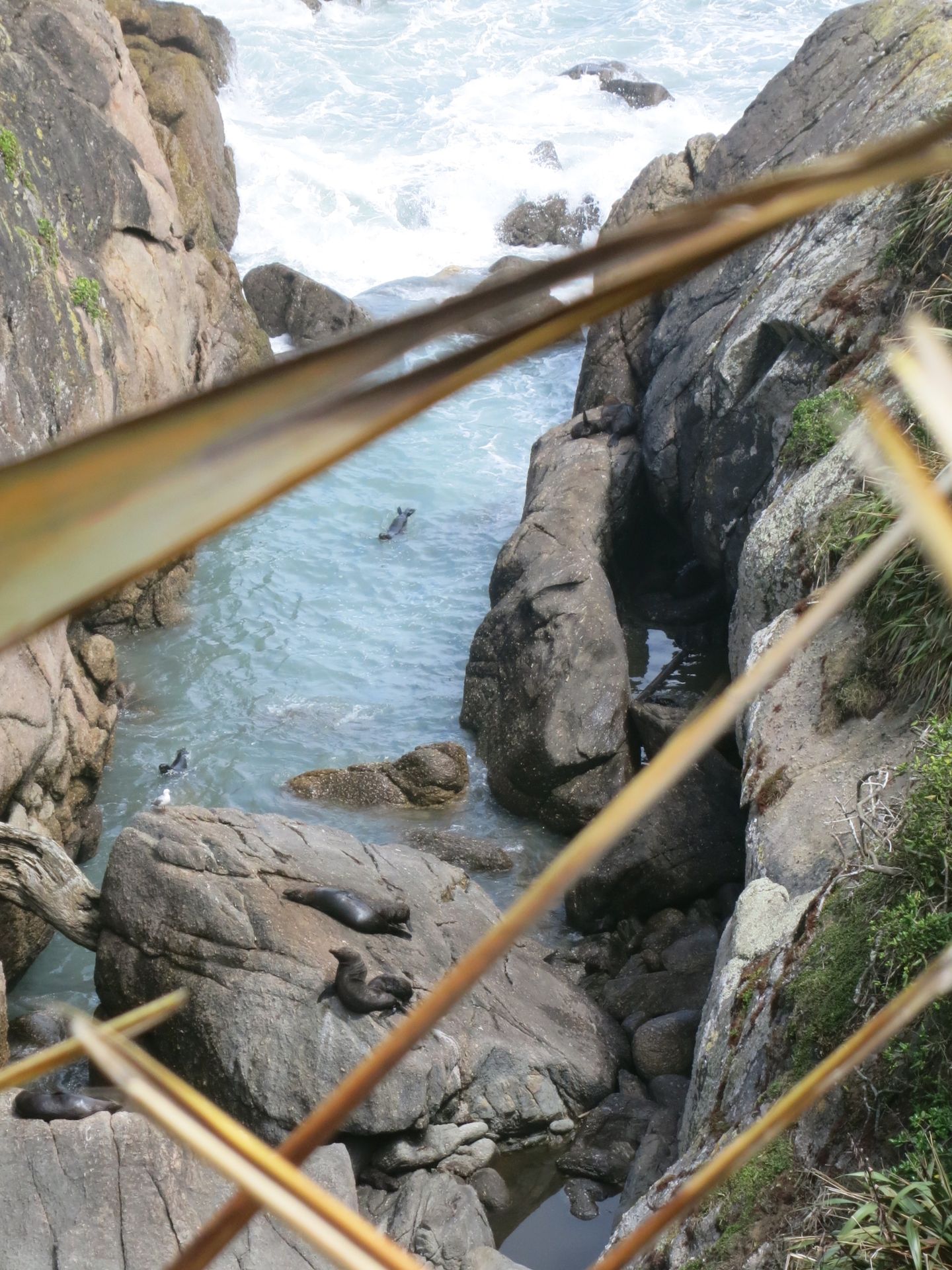
Iscriviti alla Newsletter
Risposta

Rapporti di viaggio Nuova Zelanda
